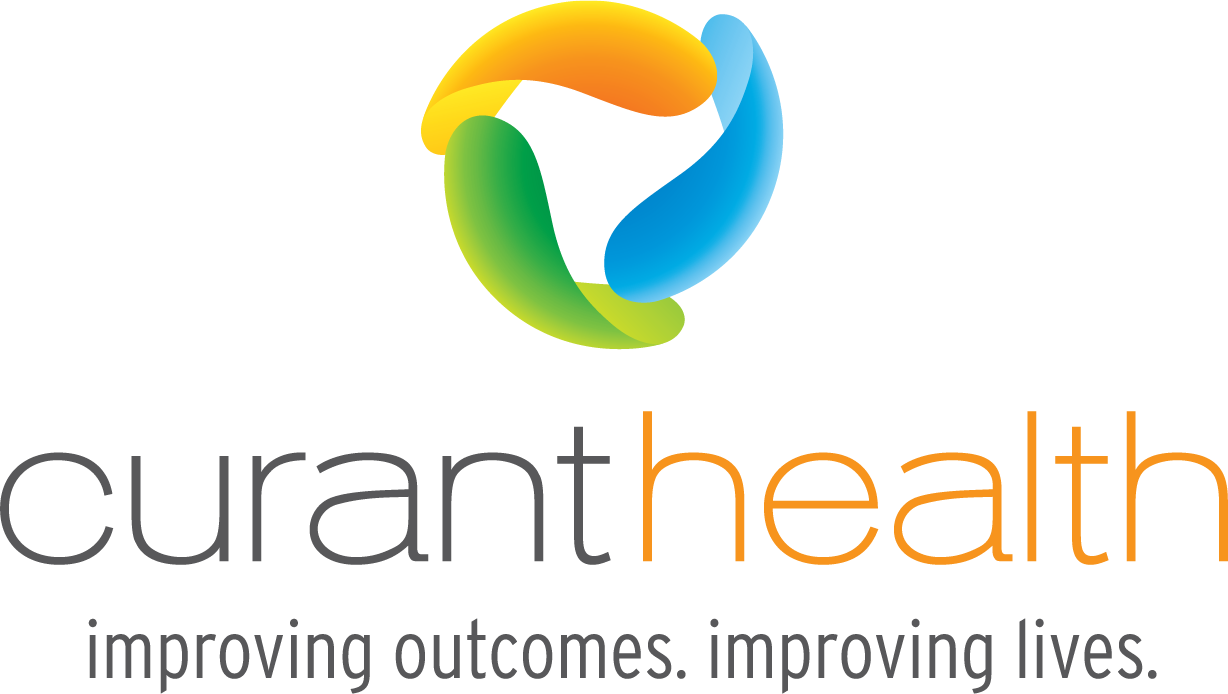September 11, 2017 - Curant Health COO, Marc O'Connor, in Specialty Pharmacy Times - GROWTH IN U.S. SPENDING ON prescription drugs dropped in 2016 as intense competition among manufacturers and payers ramped up efforts to limit price increases, according to the report “Medicines Use and Spending in the US,” released earlier this year by the QuintilesIMS Institute.
New drugs launched over the past 2 years have driven at least half of the total spending, with innovative treatments for cancer, autoimmune diseases, HIV, multiple sclerosis and diabetes becoming accessible to patients. The potential for innovative new treatments over the next 5 years is even more promising, fueled by a robust late-phase pipeline of over 2,300 novel products, which include more than 600 cancer treatments. According to the QuintilesIMS report, U.S. net total spending is expected to increase an average 2% to 5% through 2021, reaching $375 billion to $405 billion.
Downward pressure on drug pricing can only go so far before manufacturers abandon the development of new therapies due to their inability to recover research and development costs and a reasonable return on investment. The effects on accessibility to patients will likely be short term as well. What does the future of access to specialty therapies look like and how are we going to pay for all of this?
Something’s Got to Give
Following the uproar over the cost of the new wave of hepatitis C antiviral drugs, the arrival of PCSK9 inhibitors in 2016—and their $1,000 per month for life price tags—triggered swift, stringent prior authorizations (PAs). This was an attempt to ensure that less costly, yet indicated, medications were first shown to be ineffective, a practice commonly referred to as step therapy, before the more expensive medications were prescribed.
As specialty drugs proliferate, there comes a commensurate increase in PAs. Unfortunately, these fall immediately at the feet of prescribers and clinicians. It is possible that PAs can stifle medication adherence and increase the likelihood of patient resistance to medication therapy.
To read Marc's full article, visit Specialty Pharmacy Times.
To learn more about Curant Health, contact Kristin Lindsey, Senior Marketing Director, at klindsey@curanthealth.com.
